Do you know the difference between evergreens and deciduous trees? If you do, do you know how to decide which trees are best for your location and lawn?
Heading to the nursery or garden center, you’re likely overwhelmed by the vast selection of trees. Is it better to plant an evergreen tree or a deciduous one? Both trees have advantages and challenges, but one may better suit your needs. When deciding between deciduous or evergreen trees, consider your location and goals.
What’s the Difference Between Deciduous and Evergreen Trees?
Deciduous and evergreen trees differ most notably in their foliage. Deciduous trees shed their leaves during the autumn months while evergreen (also known as coniferous) trees keep their foliage year-round. Even though evergreen needles eventually fall, the trees maintain their shape for a long time.
Another difference between deciduous and evergreen trees is their shape. Deciduous trees have branches and foliage near the crown or top of the trunk. Trees with evergreen branches grow in an inverted cone with a rounded crown and a broad base. It’s not true for every tree, but it’s a key distinction to consider when choosing between the two.
The Best Trees to Plant in Indiana
Hoosiers are proud of their home landscapes and often seek fast-growing trees that quickly provide dense shade during the summer months. The best trees to plant in Indiana are highly adapted to the unique climate distribution of the various hardiness zones.
The ideal trees thrive in zones 5 and 6 and withstand the difference in temperatures between the northern and southern regions. The experts at Aisling View can help you find trees and shrubs that fit you and your goals.
Evergreen Trees
Evergreen trees stay green and functional through more than one growing season, and there are many options for homeowners and businesses. For example, add privacy and shade with the Leyland Cypress evergreens. The Leyland Cypress grows fast, is disease-resistant, and easy-to-grow. Some other popular evergreen trees include:
- Red Cedar
- Jack Pine
- Douglas Fir
- Southern Magnolia
If you aren’t sure which evergreen tree is the best fit for you, we can help. Our professionals work with residential and commercial customers, designing and building hardscapes and landscapes.
Deciduous Trees
Deciduous trees are perfect if you’re seeking shade in the summer and some extra warmth in the colder months. Plus, they allow the winter sun to shine through their branches. Deciduous trees are known for their beauty when they drop their colorful leaves each fall.
Some other examples of deciduous trees include:
- Oak
- Maple
- Birch
- Ash
- Willow
- Poplar
- Aspen
- Beech
These native Indiana trees provide excellent cover and food for wildlife, maple syrup, nuts, and lumber.
Your Landscaping Goals
Consider your goals when selecting a tree. A deciduous tree offers shade in the summer months, reducing cooling costs without blocking the sun in the winter. During the daytime heat, evergreen trees provide some shade, but not much. Lower foliage casts a shadow in the early morning and late afternoon.
In the winter, evergreen trees provide wind blocks and heat for your home. In northern areas of the U.S. and on properties that experience high winds, evergreens offer the most benefit.
The best trees for your yard should be a mix of evergreens and deciduous trees. Deciduous trees offer beautiful fall foliage and good shade coverage when fully grown. Winter gardens are made more attractive by adding evergreens, which provide privacy, windbreak, and visual interest. You can complete your landscape by planting evergreen and deciduous trees if you have the space and can afford both.
If you’re ready to make a landscaping plan, call us today at 317-636-9408. We can’t wait to hear from you.
Are you on Facebook? We are, too. Let’s be friends!

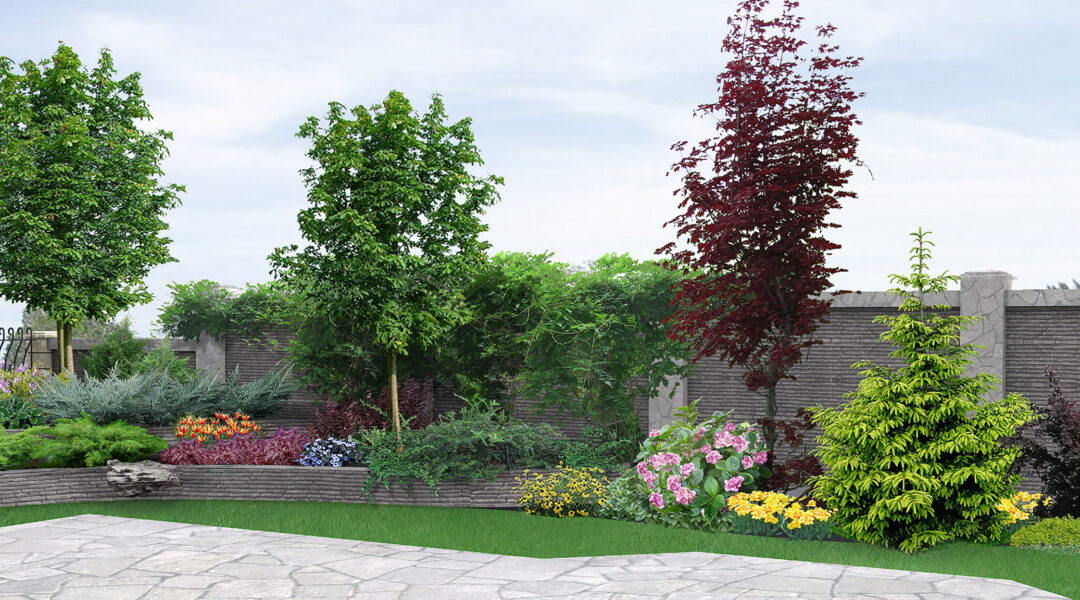

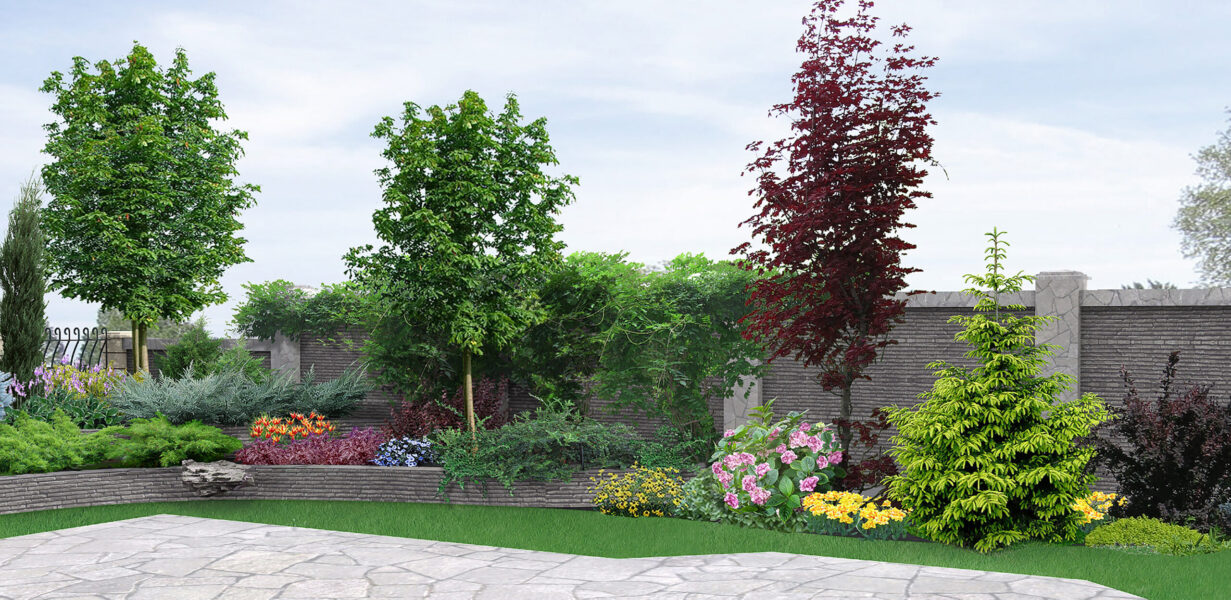
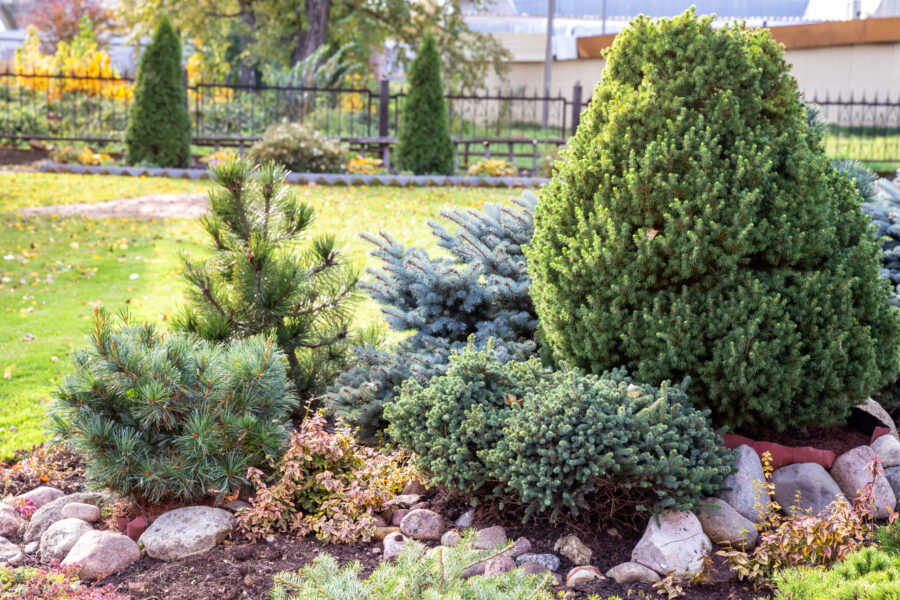
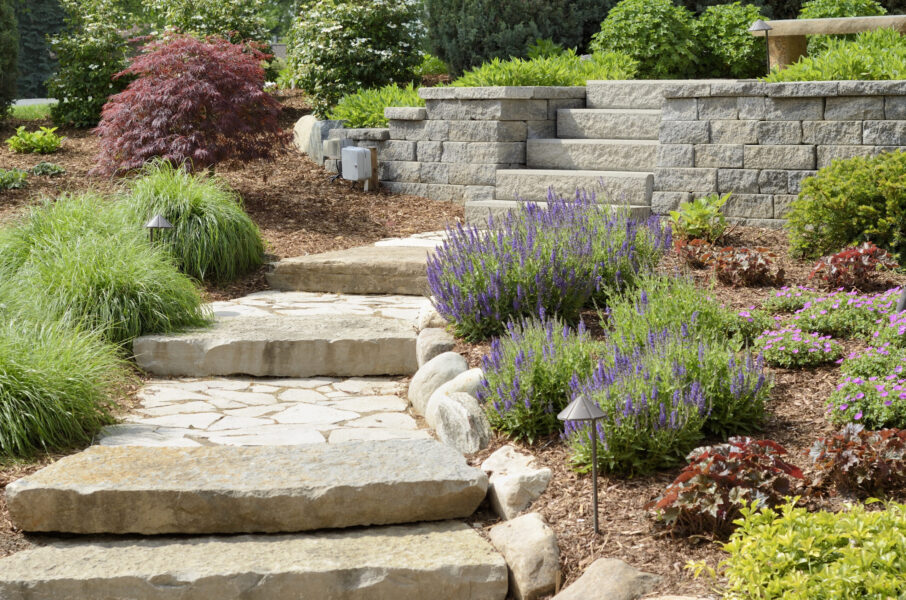
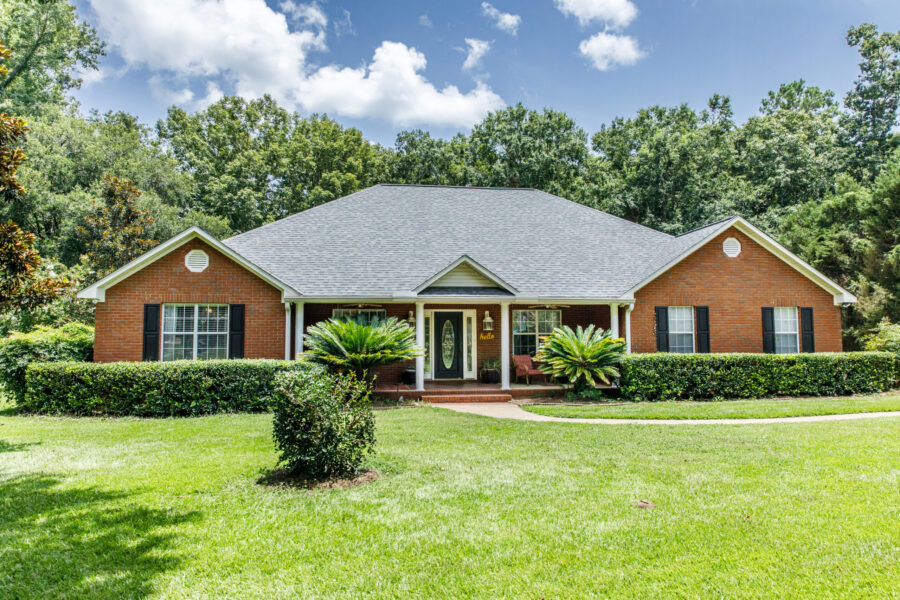
Recent Comments